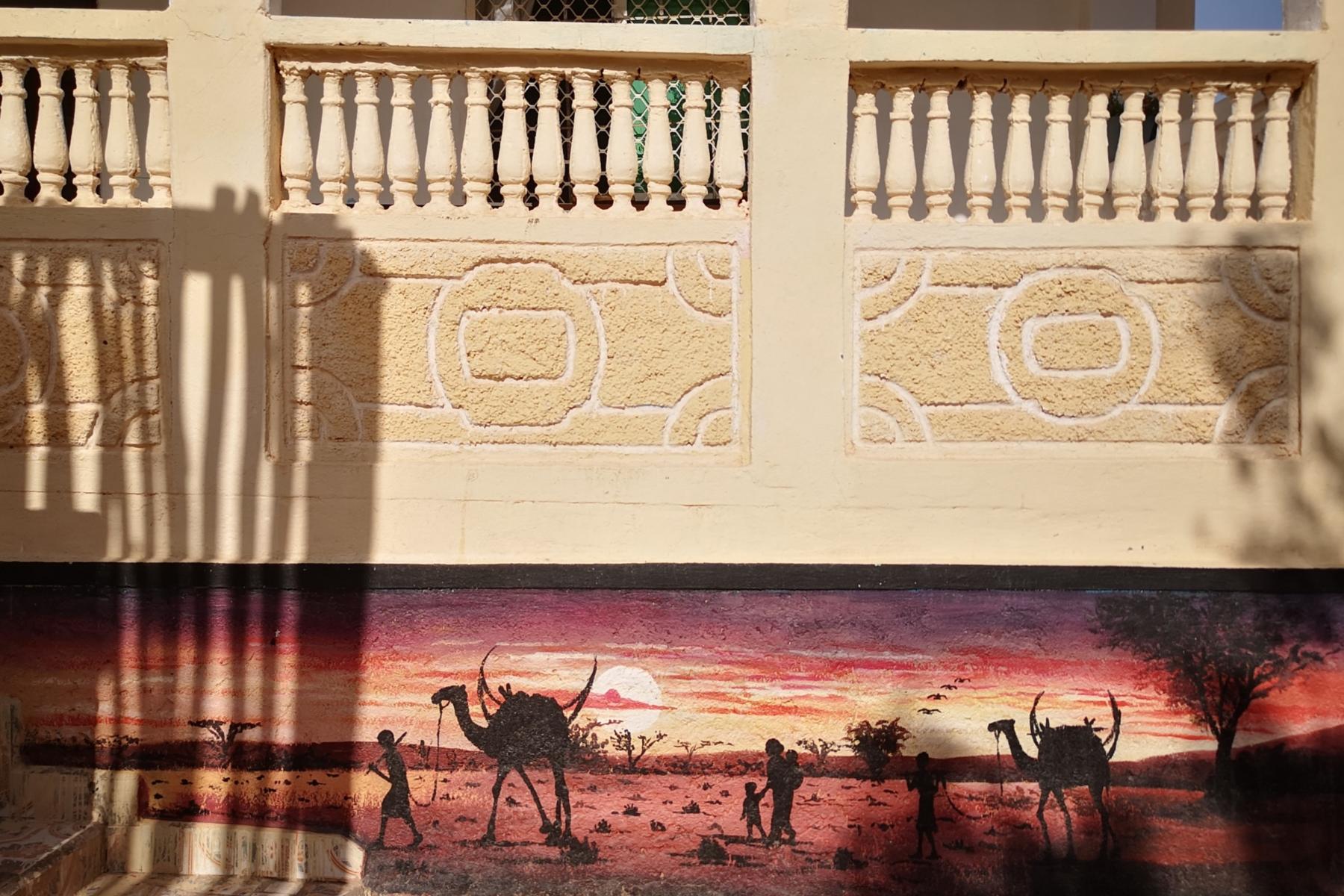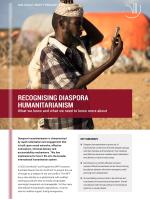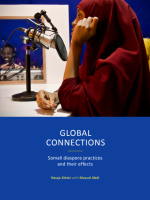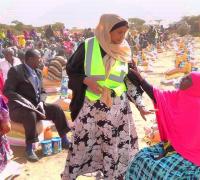Global connections
With an estimated two million people of Somali descent living outside Somalia—the ‘Somali diaspora’—an understanding of migration and transnational practices is crucial for grasping Somali society. Remittances, news, and communication are sent and circulated across the world, linking multiple settlement locations and the Somali regions. By implication, political and financial decisions may be co-decided in several places and local and global inequalities are reflected and (re-)produced.
In the new report Global Connections, senior researcher Nauja Kleist, DIIS, with consultant Masud Abdi, present a comprehensive overview of Somali migration and settlement histories as well as they discuss remittances, institutionalized diaspora support, return migration and contestations over diaspora engagement. An executive summary in Somali is included as well.
Based on this work, three overall operational implications stand out:
- Remittances reduce poverty but reproduce inequality. Their developmental effects are impeded by excessive security and KYI procedures as well as high transfer costs.
- Return migration can further development and innovation but may also cause struggles over resources between local populations and returnees.
- The future of Somali diaspora engagement is uncertain and will be shaped by generational change as well as broader regimes of migration and security.
The report is published by Rift Valley Institute. It contributes to the Diaspora Humanitarianism in Complex Crises (D-Hum) research project.
DIIS Experts





